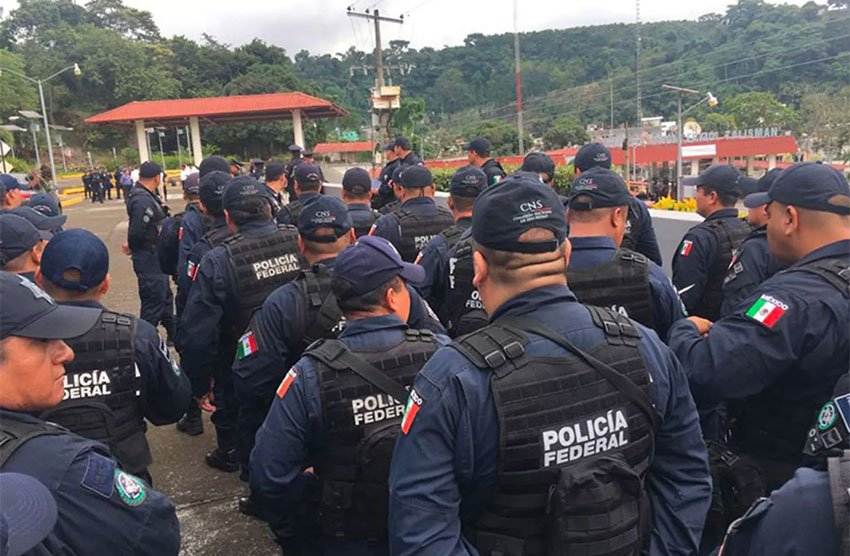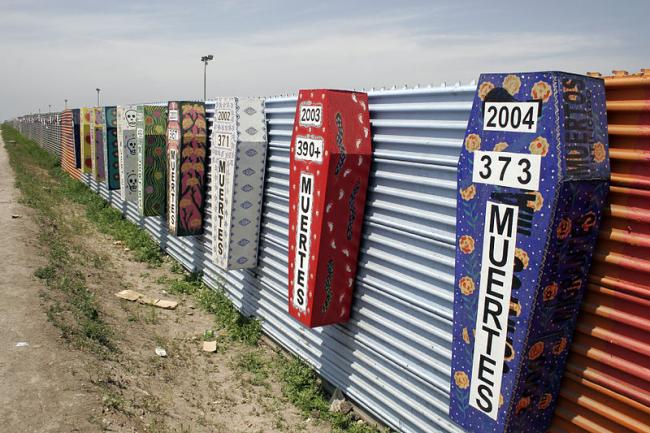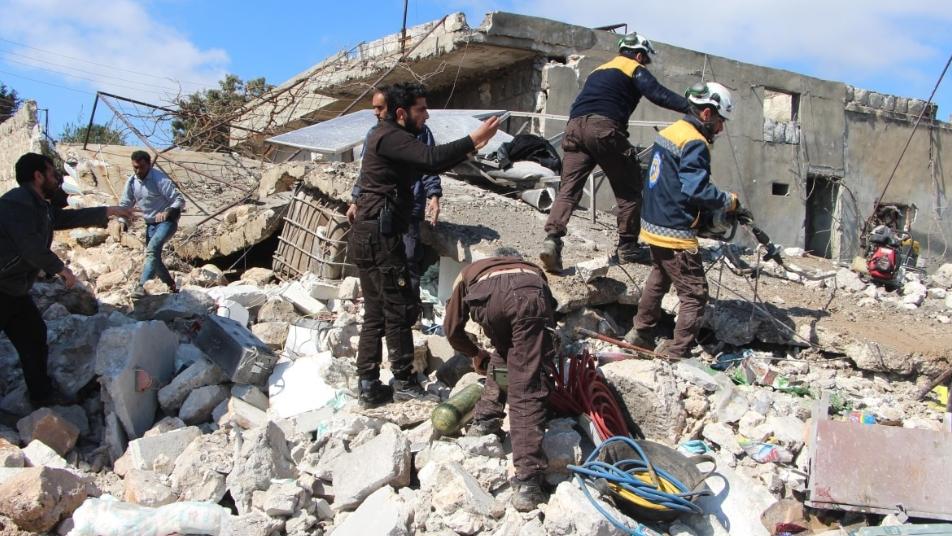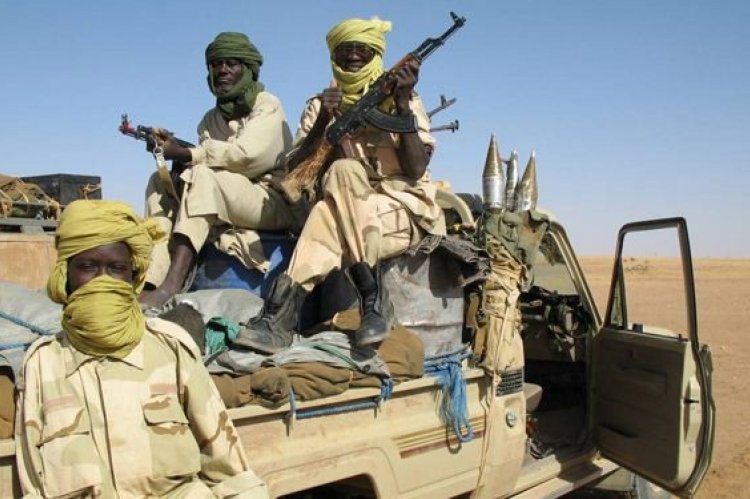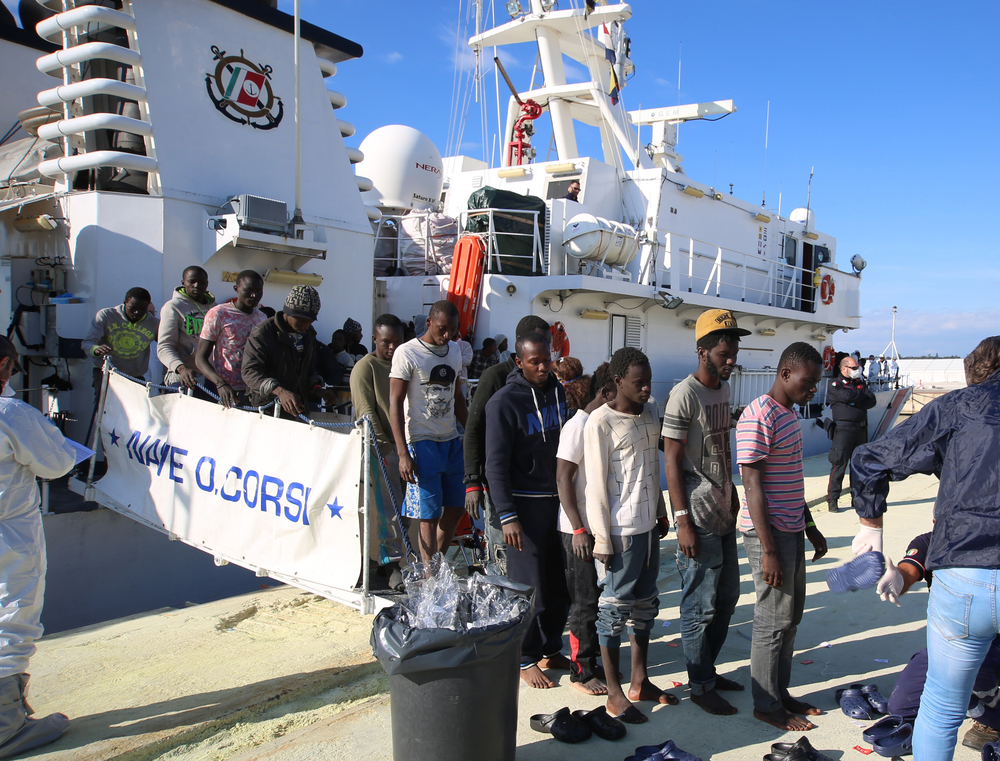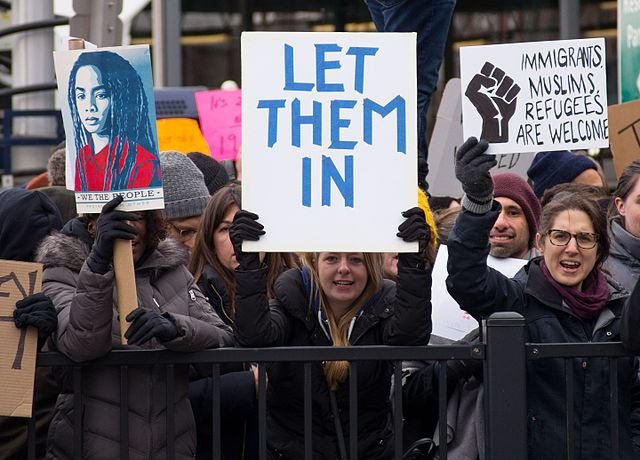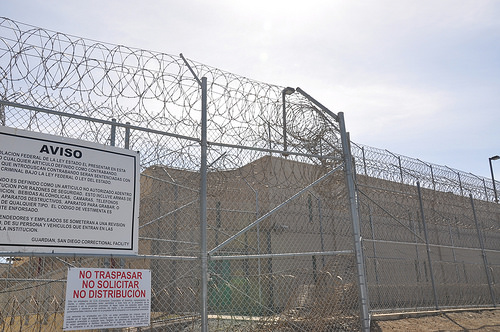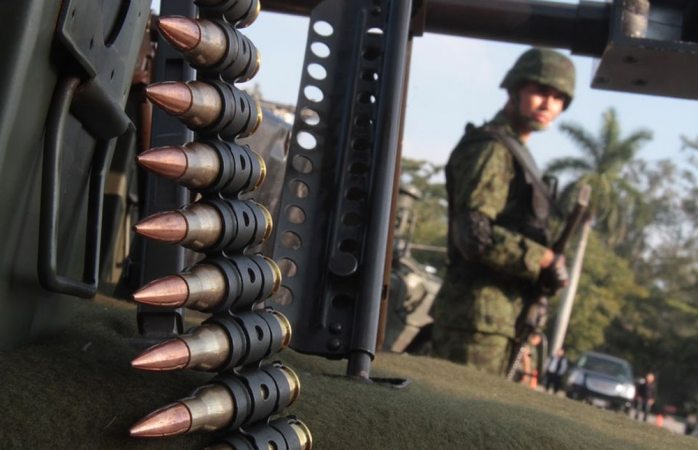
Mexico: drug war dystopia unabated
Mexican lawmakers are predicting legal cannabis by month’s end, and portraying it as a key to de-escalating the endemic narco-violence. But national headlines are full of nightmarish cartel violence—making all too clear how big the challenge will be. A cannabis industry in the hands of agribusiness, with the campesinos excluded and marginalized, is unlikely to bring peace to Mexico’s conflicted countryside. (Photo: La Opción de Chihuahua)



